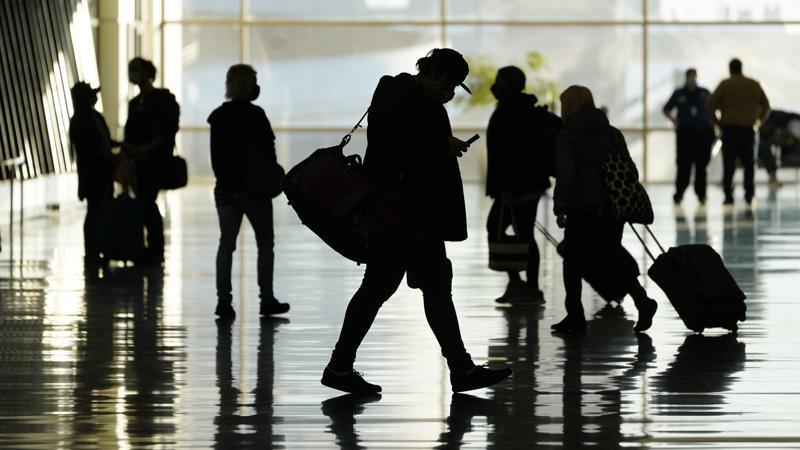
GIVEN the current trajectory of the economic crisis caused by the pandemic, the global recovery will be driven by the United States and Asian economies, excluding China, according to an expert.
In a plenary session at the Philippine Economic Society (PES) Annual Meeting and Conference, Professor of Finance and Director of Central Banking at the Malaysia-based Asia School of Business Eli Remolona said China’s real-estate issues will prevent it from becoming a major growth driver in the global recovery at this time.
Remolona said the Evergrande issue in China is just the tip of the iceberg and that there is actually “widespread speculation in apartment housing” in China, especially among the middle class.
“China is the only major economy that has seen two quarters of decline. The scar here is its own real estate balance sheet problems. The most notorious example is Evergrande but the problems go well beyond Evergrande,” Remolona said.
“By allowing these problems to fester, China has made these problems politically harder to resolve. So the good news is the strong global economy, the bad news is China,” he added.
Remolona admitted that while the current crisis is much deeper compared to the Global Financial Crisis (GFC) in 2008-2009, it will be easier to get back to prepandemic growth, possibly mid-2022.
He explained that unlike the GFC and despite the current crisis, the balance sheets of banks remain healthy. He said despite the rise in Non-Performing Loans, capital adequacy ratios still exceeded regulatory requirements.
Most banks, Remolona said, remained “flush with liquidity” and many of the banks are keen on lending. Given the low interest rates, borrowers paid off their debts, leaving banks with high liquidity.
Remolona added that unlike in the GFC, both fiscal and monetary policy were moving in the same direction. Many governments, including those in Europe, also did not employ austerity measures unlike during the GFC.
“First, we’re observing an unprecedented economic policy response. Second, the scarring this time is actually not so bad. When it comes to economic policy, what we now see is monetary policy and fiscal policy are pushing together, they are pushing in the same direction. You may recall that this wasn’t really the case back [then],” Remolona said.
The question that the Philippines needs to answer now, Remolona said, is whether it will become a leader or a follower of the global recovery. Economists believe that one of the ways for the country to recover strongly is through the MSMEs.
Alternative credit info
Part of this means providing financial support. UnionBank of the Philippines Chief Finance Officer and Treasurer Jose Emmanuel Hilado said at the same plenary that banks need to employ alternative credit information by using big data to help MSMEs and the unbanked get access to loans.
Hilado said admittedly, areas where loans were in high demand also encounter a stricter credit process given the banks’ “fiduciary responsibility” to their depositors.
“What the banks should be doing is to experiment with alternative credit information. So we have to go beyond the usual credit process and use alternative credit information. What’s alternative credit information? Using telco data, transaction history, social behavior,” Hilado explained.
“You therefore have to create credit models or algorithms that would predict the probability of clients paying. But it’s a new process, a new frontier so banks need to invest more to lend aggressively to SMEs and the unbanked,” he added.
Hilado lamented that one of the drawbacks of the current crisis is that many SMEs, who had credit information, were not willing to borrow from them because of the economic uncertainty caused by the pandemic.
LandBank President and CEO Cecilia C. Borromeo said many borrowers were afraid to borrow from the bank because they did not know if they can repay their loans.
Borromeo explained that this has caused the decline in the loan portfolio of banks in the past few months. This was not because of the lack of funds but due to the low demand for loans.
“So it has become challenging. The market that does not want to borrow has the credit information. The market that wants to borrow [does not have credit information],” Hilado said.
 Philippine Economic Society (PES)
Philippine Economic Society (PES)